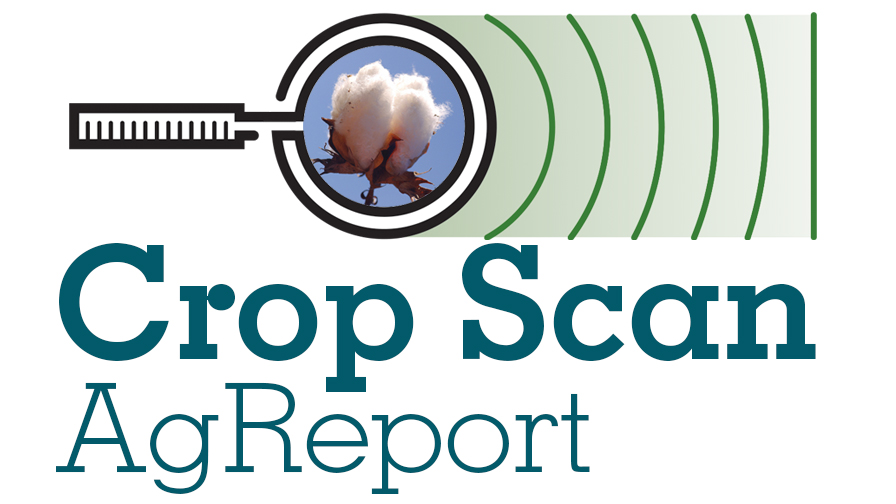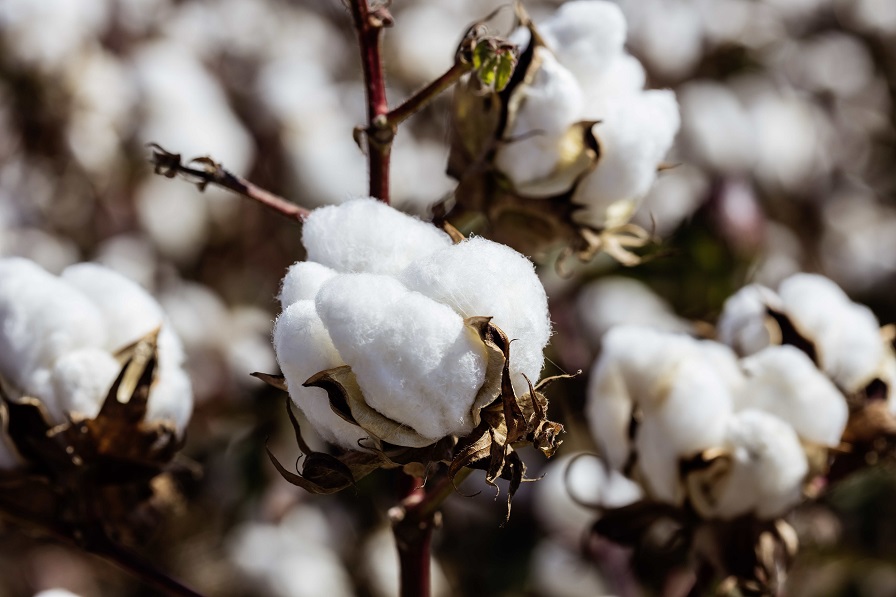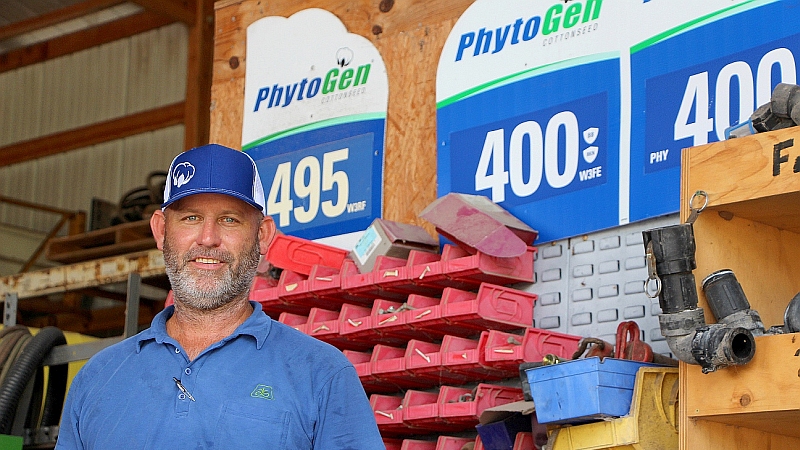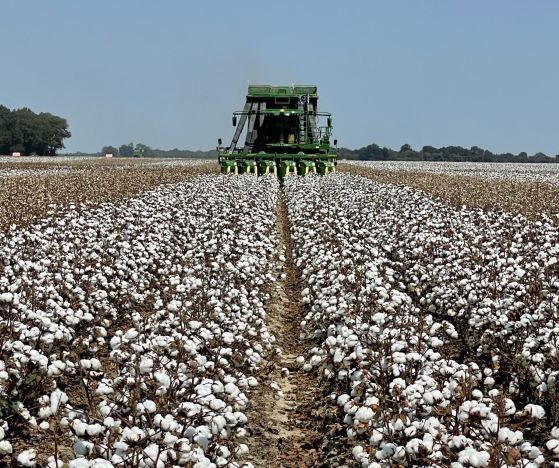The More Things Stay The Same, The More They Change.
It’s business as usual among cotton seed suppliers as 2007 kicks off, but significant changes are on the way. When depends in large measure on the Department of Justice, which must approve Monsanto’s purchase of Delta & Pine Land Co. Once the Justice Department gives an okay, Monsanto has said it will immediately divest its wholly-owned subsidiary, Stoneville Pedigreed Seed Co. No indication at this writing who the purchaser might be, but John Raines, public affairs lead for Monsanto, was pretty emphatic in his comments in the October-November issue of Cotton Grower, stating: “Stoneville will be owned by someone other than Monsanto upon the close of the Delta and Pine Land acquisition.” And rumors are that at least one other seed company may soon have a new owner.
What does this mean for you, the grower, as you plan seed purchases? First and foremost, don’t be hesitant to choose D&PL or Stoneville as your supplier for 2007 because of these pending transactions. Base your decisions on the seed qualities you are seeking. As Tom Jagodinski, president and CEO of D&PL points out, “While the folks who own our stock may change, the reasons for buying D&PL-brand seed will continue: great yields, great fiber, great service and great value.”
Some observers of the seed market point to increasing demand for performance, coupled with decreasing loyalty to a specific brand. “Growers vote with their pocketbooks,” one seed marketer observes. “That’s not going to change.”
Consolidation is not all bad, although that might be difficult for independent-minded growers to accept. Yes, the “bigs” may get “bigger,” but consolidation allows for the faster development of new technologies that will bring new high-yielding varieties, with improved fiber quality, that can have a positive impact on growers’ bottom line.
How do seed suppliers see consolidation impacting the market and you, the grower? Following is a roundup of comments, by company.
Americot
As a smaller independent company, Americot (American Cotton Breeders) headquartered in Lubbock, TX, sees little direct impact from the Monsanto/D&PL consolidation. “Monsanto currently licenses trait technology to approximately 10 cottonseed companies and has reported that they anticipate doing that in the future,” says Terry Campbell, general manager.
“We are a small cotton seed company with access to the same great traits that the majors have. Our strength is that we haven’t forgotten the grower. In an age of larger and larger companies,” he continues, “sometimes the customer gets lost under all the paperwork. Americot focuses on the grower; our goal is to offer quality planting seed of high yielding cottons with excellent fiber properties, technologies that growers want and to provide outstanding customer service and support after the sale. Our products are available across the Cotton Belt except for California.”
Campbell sees benefits for growers as the seed industry consolidates. “It could mean that new and novel technologies get to the market faster. The consolidation allows the faster development of technologies with a more systematic approach to their development. Insect and herbicide tolerance traits have brought great steps in increasing yields and net revenue for growers, but I believe the next generation of traits will have a larger impact. Traits such as drought and cold tolerance, as well as nutrient utilization improvements, will catapult growers into a whole new level of achievements.”
The sharing of technology via licensing of traits is paramount, he believes, in providing access for all growers.
Bayer CropScience
FiberMax
The number of seed companies serving cotton growers may diminish through consolidation, but it’s the varieties offered that really matter to growers. “If a variety is of value to growers, it will find a place on the market,” says Jeff Brehmer, marketing manager for Bayer CropScience FiberMax.
This certainly has proven true for FiberMax, which introduced its first varieties in 1998 and now holds a 26.7% share of total U.S. cotton acreage, based on USDA’s planted varieties report for 2006. “Our success has been built upon a quality germplasm package that consistently brings our growers excellent fiber quality and high yield potentials,” Brehmer notes.
FiberMax’s breeding program has focused on high quality fiber throughout a broad range of environmental and management differences across the Cotton Belt. “We’re keeping pace with the needs of cotton producers,” Brehmer adds. “Current R&D will bring additional germplasm and biotech traits to cotton growers in each production region.”
CROPLAN GENETICS
The seed division of Land O’Lakes, Inc., CROPLAN GENETICS markets through Agriliance retail locations and farmer-owned Land O’Lakes member cooperatives. Three new early to mid-maturity cotton varieties were introduced in 2006, offering high quality and high yields plus Bollgard II and Roundup Ready Flex traits. Dr. Jaime Yanes, cotton product manager headquartered in Memphis, TN, cites as one of CROPLAN GENETICS’ strengths, its ability to match germplasm and technology to provide prescription recommendations to growers.
He’s seeing more demand for both high yielding and high fiber quality cotton, with more growers focusing on fiber quality. “Our new varieties enable growers to market their cotton in both base international and high-end domestic markets based on excellent fiber quality.”
While growers like to have lots of choices when it comes to suppliers, Yanes thinks consolidation within the seed industry will prove beneficial because of greater synergy and more research dollars to develop new products through directed research.
Delta & Pine Land Co.
Consolidation doesn’t lessen competition, in the view of Tom Jagodinski, president & CEO of Delta and Pine Land Co. “There has been and continues to be and will be in the future significant competition in the cotton seed industry,” he says.
D&PL has partnered with other providers to develop traits as part of its technology strategy over the past several years. “Growers are interested in seeing multiple technologies move forward so the on-farm potential can be evaluated,” Jagodinski explains. “Growers will most benefit as proven technologies are introduced in the genetics that perform on the farm.
“In a perfect world every variety would result in increases in both yield and fiber quality, but perfection’s hard to come by. Since the market rewards growers more for yield, high yielding varieties are more likely to be chosen even if they maintained the status quo on quality. Growers understand the export market and would prefer to get those high yielding lines with the highest possible quality. But if one factor prevails, they will select for yield as they have their eye on the bottom line.
“That being said,” he adds, “international markets are critical to U.S. farmers, and more fiber from D&PL-brand cotton varieties is exported from the U.S. than from any other brand of cottonseed.”
PhytoGen
PhytoGen’s focus continues to be to provide growers a choice in high-performing varieties and in-plant insect production, reports Duane Canfield, marketing specialist for PhytoGen Cottonseed and WideStrike Insect Protection at Dow AgroSciences. “In the near future , we look forward to offering PhytoGen brand cottonseed varieties with additional in-plant insect- and disease-resistance or disease-tolerance technologies, specialty fibers and more. We’re offering growers innovative choices, and we’re pleased with the results we’ve seen in the field and at the gin.”
PhytoGen has one of the industry’s most stringent research, breeding, and development programs, he notes, adding, “We have the unique ability to bring out leading Pima and Acala cotton quality characteristics to growers of upland varieties. Our varieties feature proprietary germplasm and other high yield potential, and most are available with the most advanced in-plant trait technology – two gene WideStrike Insect Protection; Roundup Ready; and Roundup Ready Flex.”
Stoneville Pedigreed Seed Co.
Stoneville Pedigreed Seed Co. will be introducing four new varieties for 2007 under the Stoneville brand – three with Roundup Ready Flex and one with both Roundup Ready Flex and Bollgard II traits, and a new, very early maturity Roundup Ready Flex variety under the NexGen brand for Texas, Oklahoma and the Kansas Plains.
“Growers can count on Stoneville to deliver strong emergence for rapid stand establishment that can result in higher yield potential,” says John Raines, public affairs lead for Monsanto.
Although Monsanto has announced plans to divest Stoneville following approval of its acquisition of Delta & Pine Land, the company plans to continue to license traits to Stoneville’s new ownership.
Add charts








